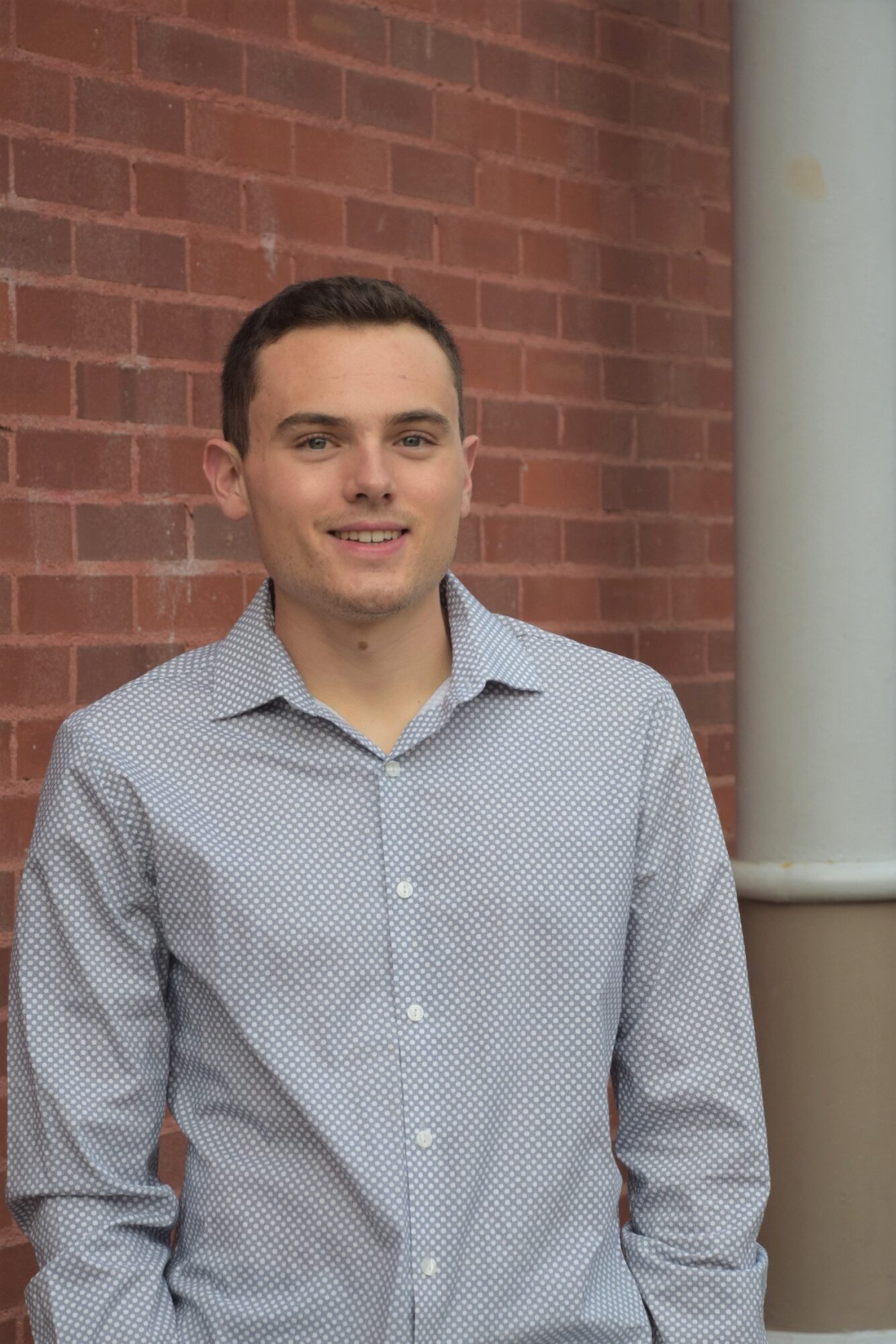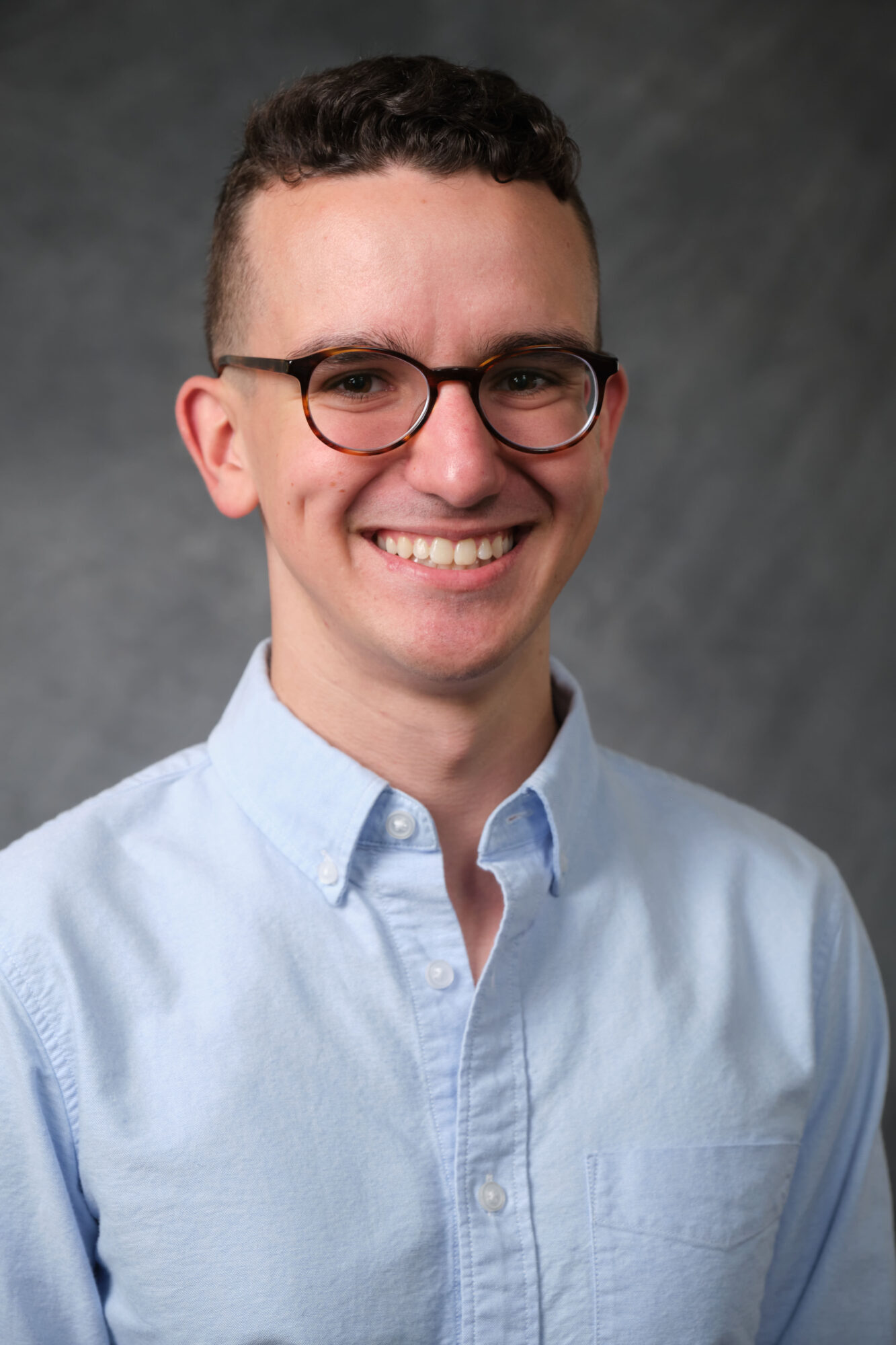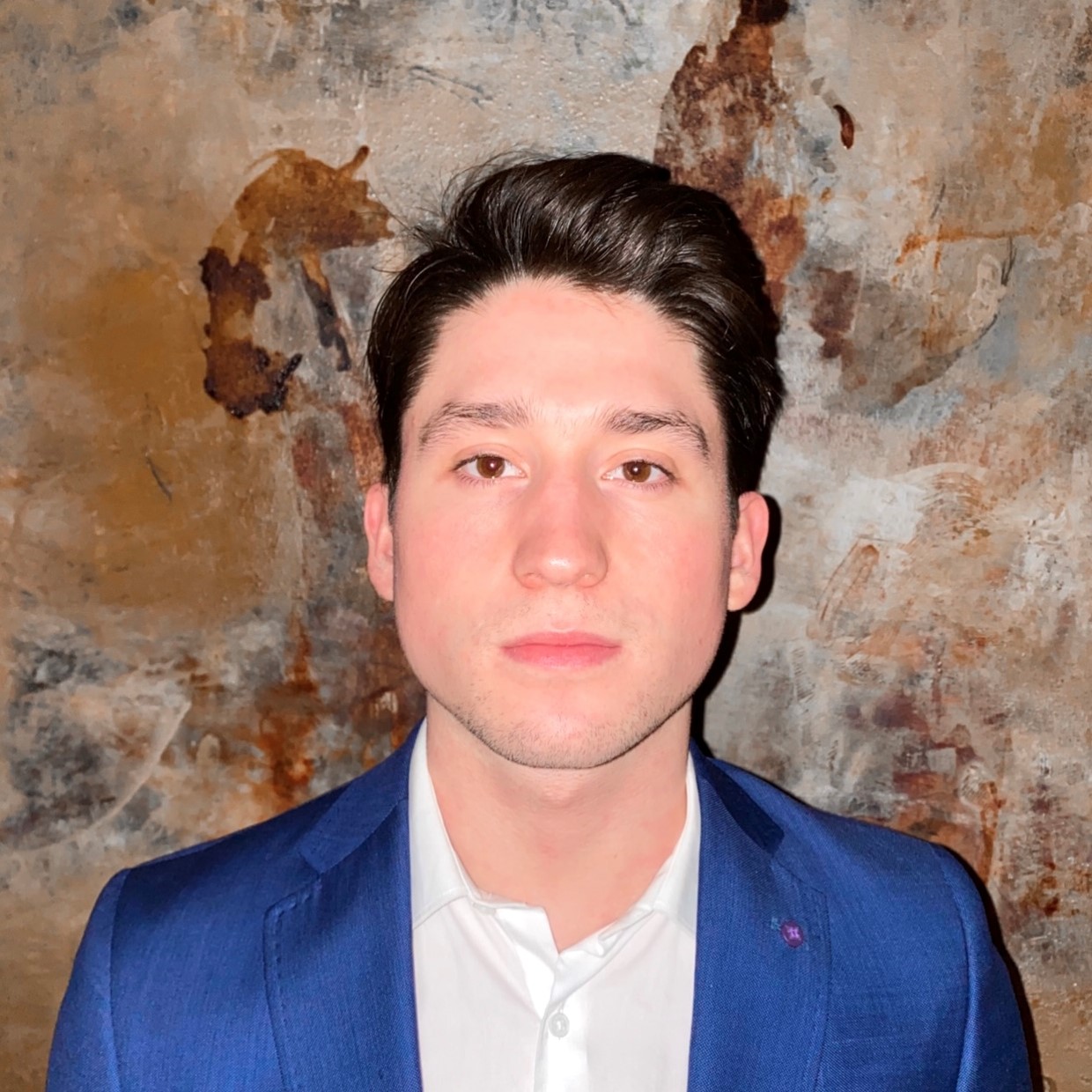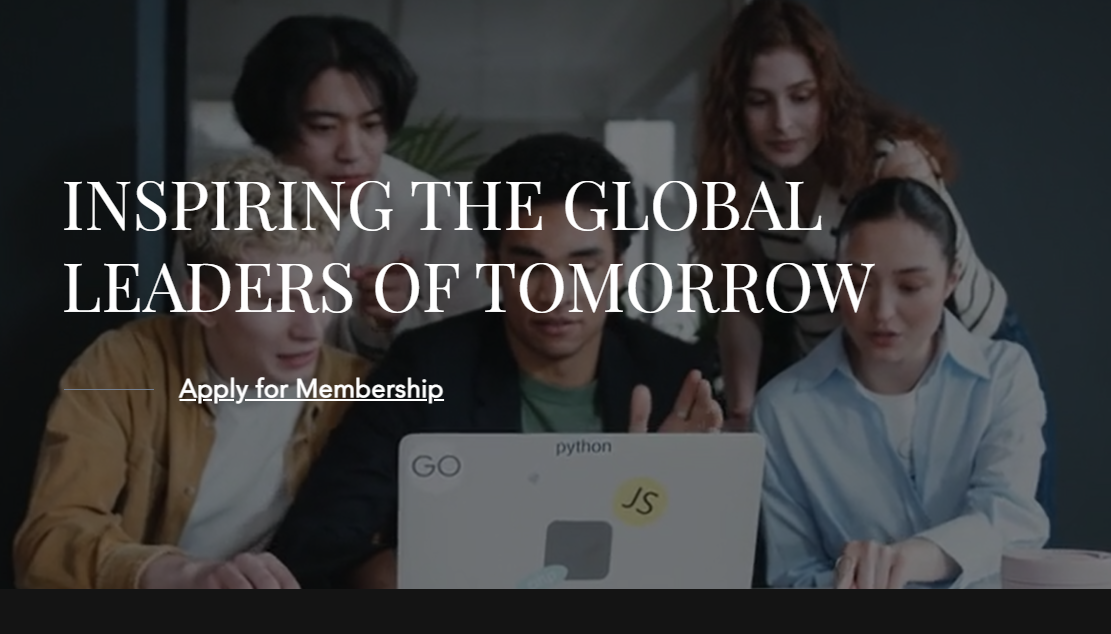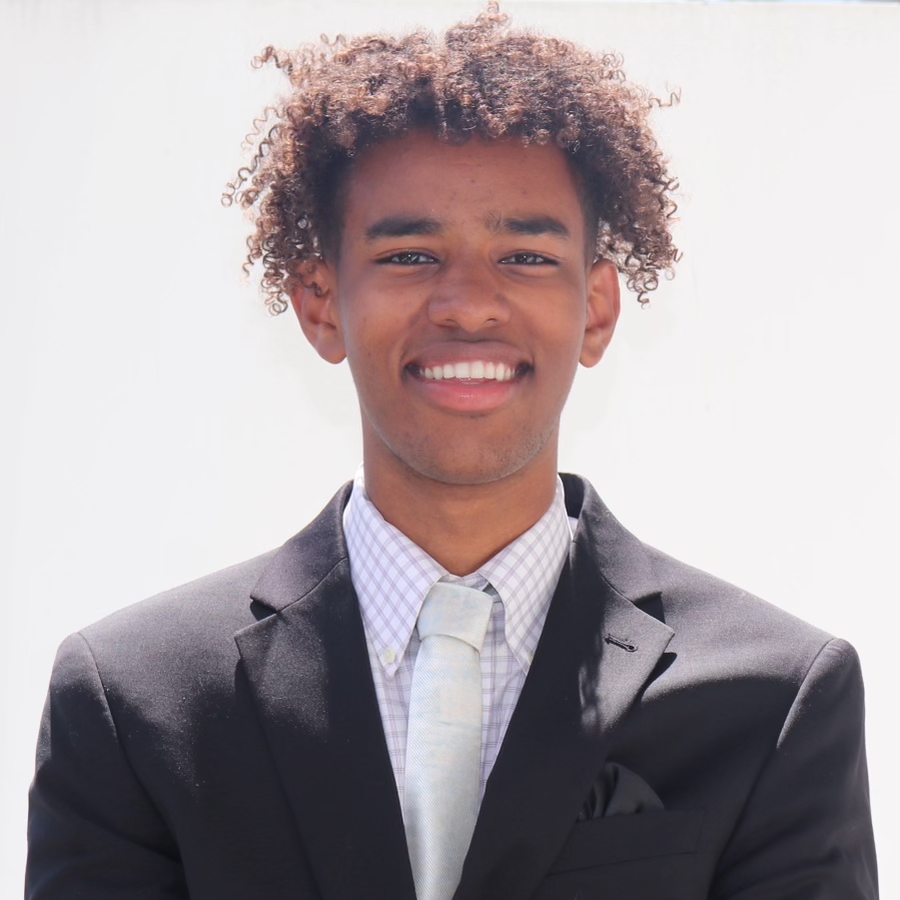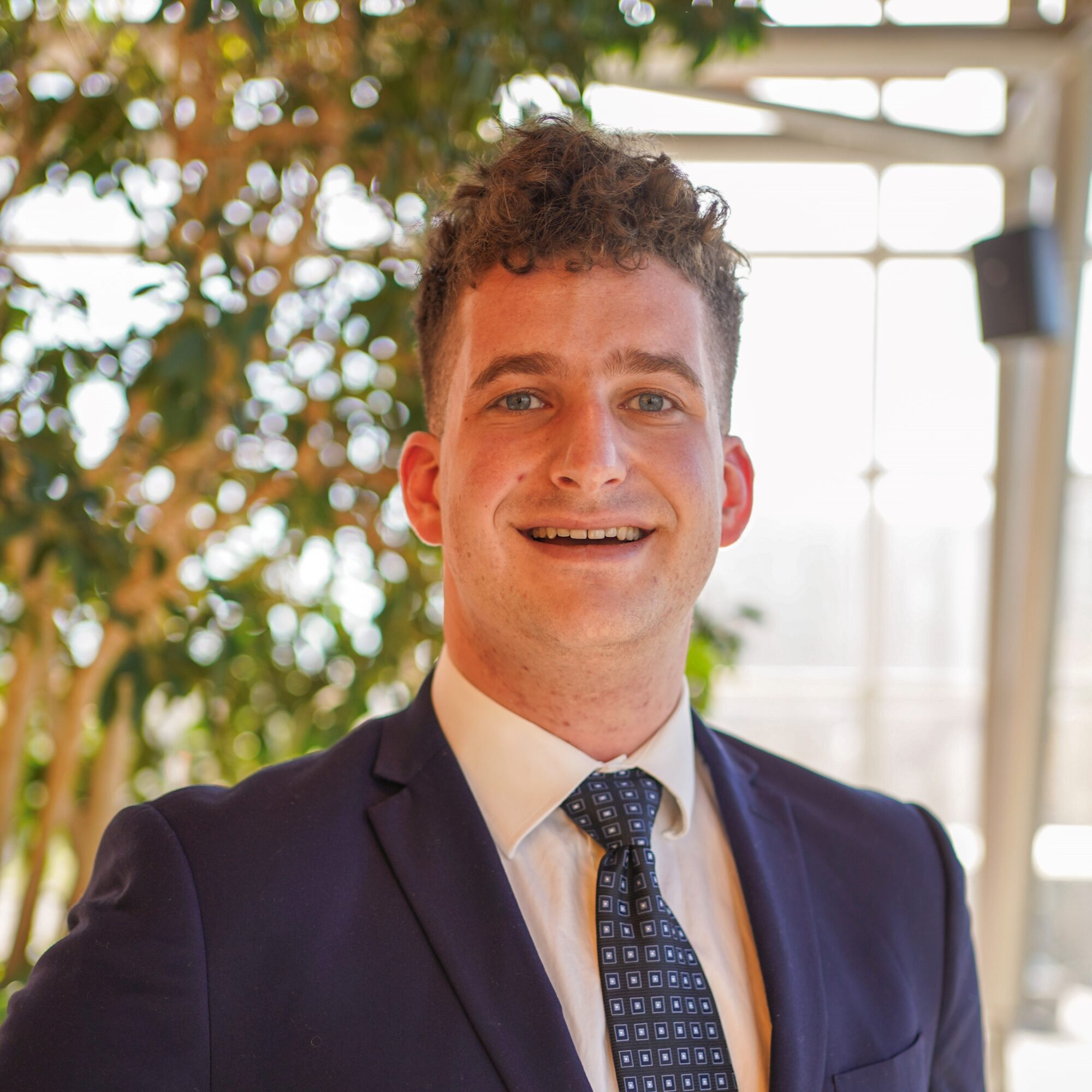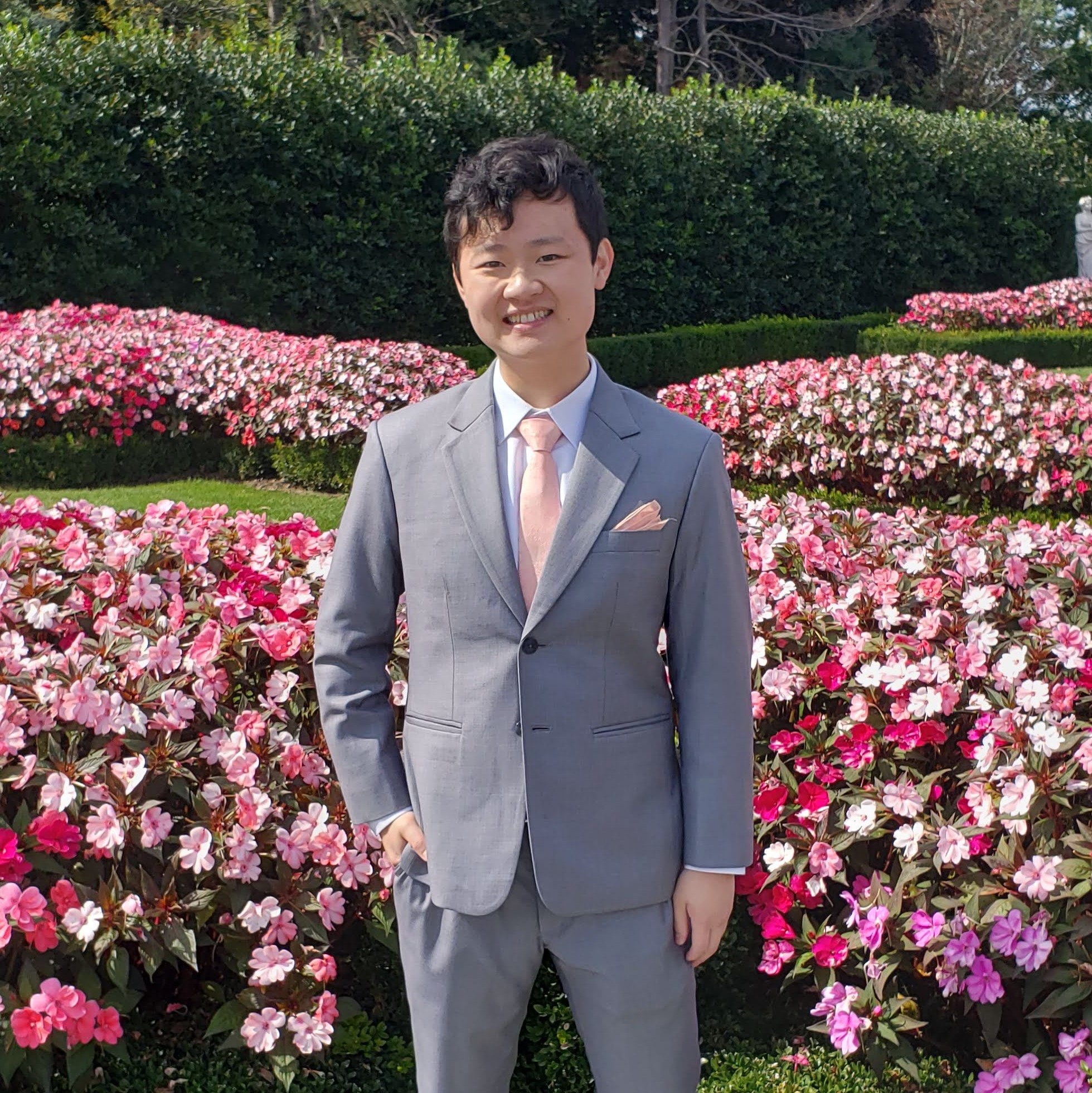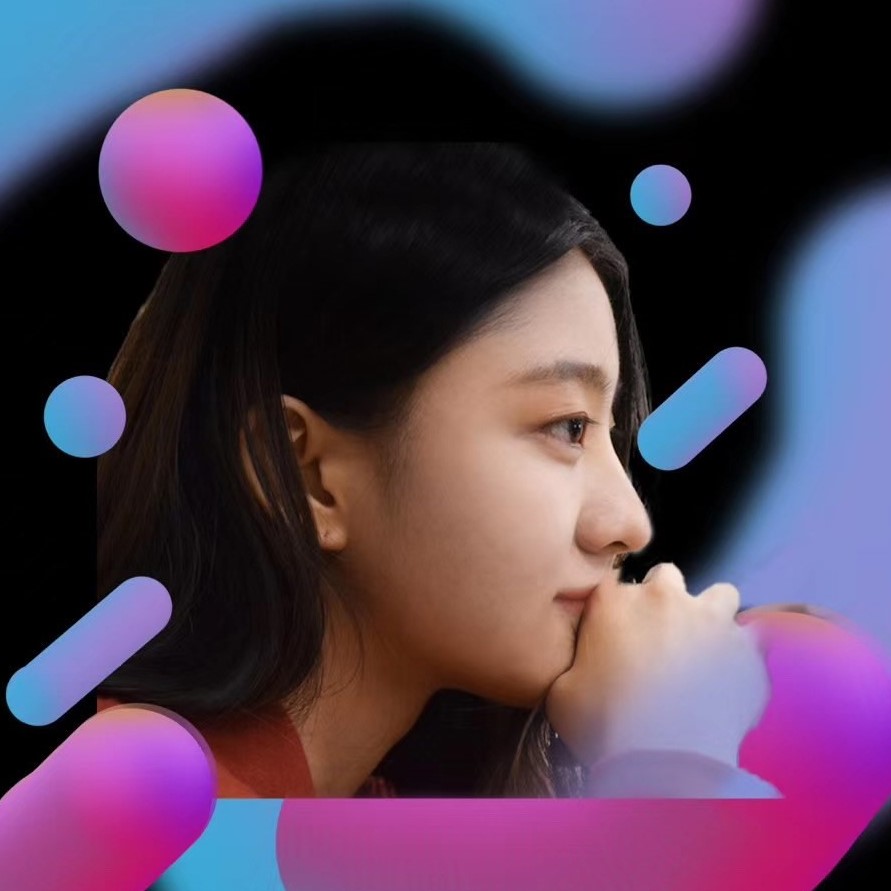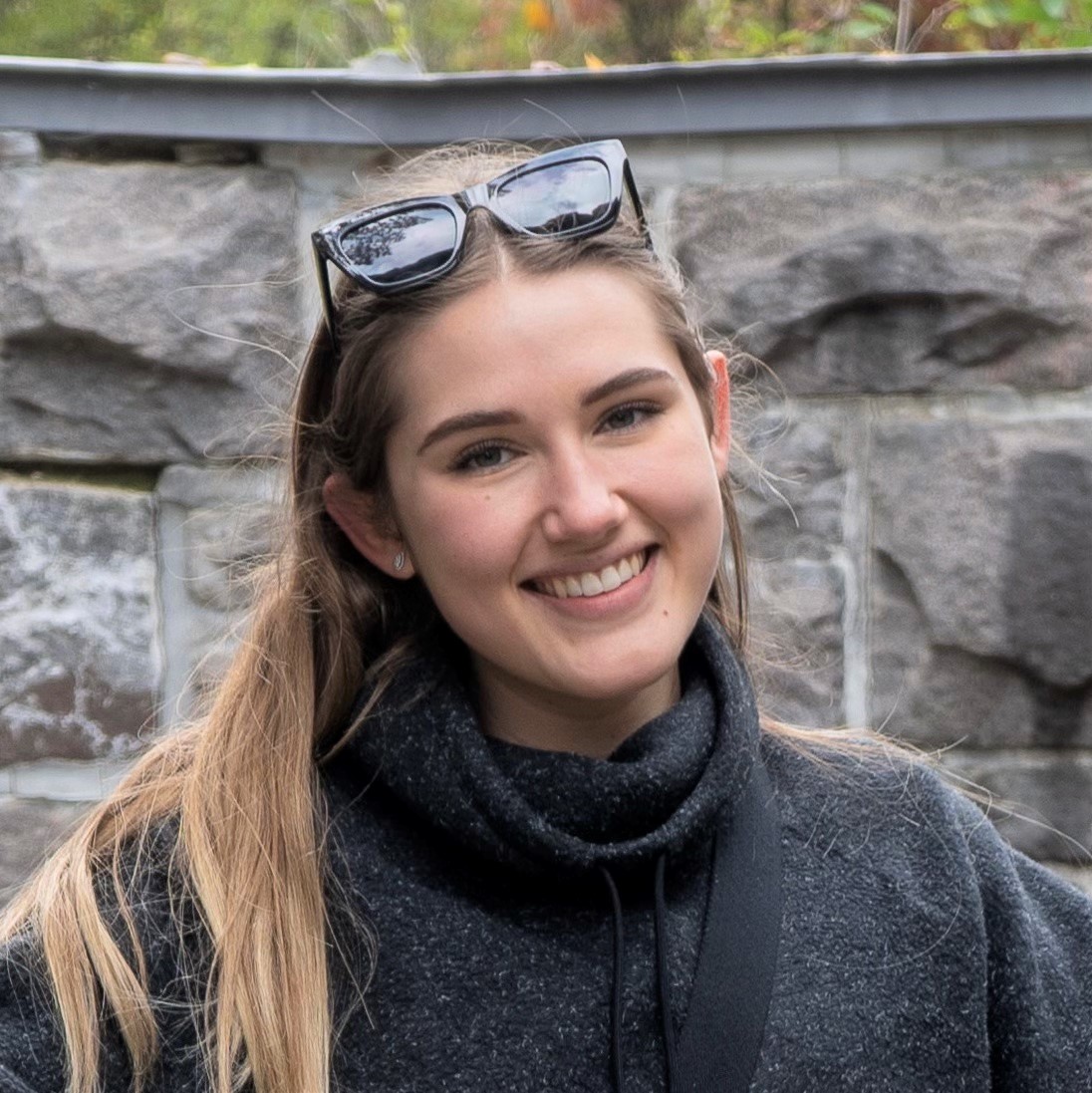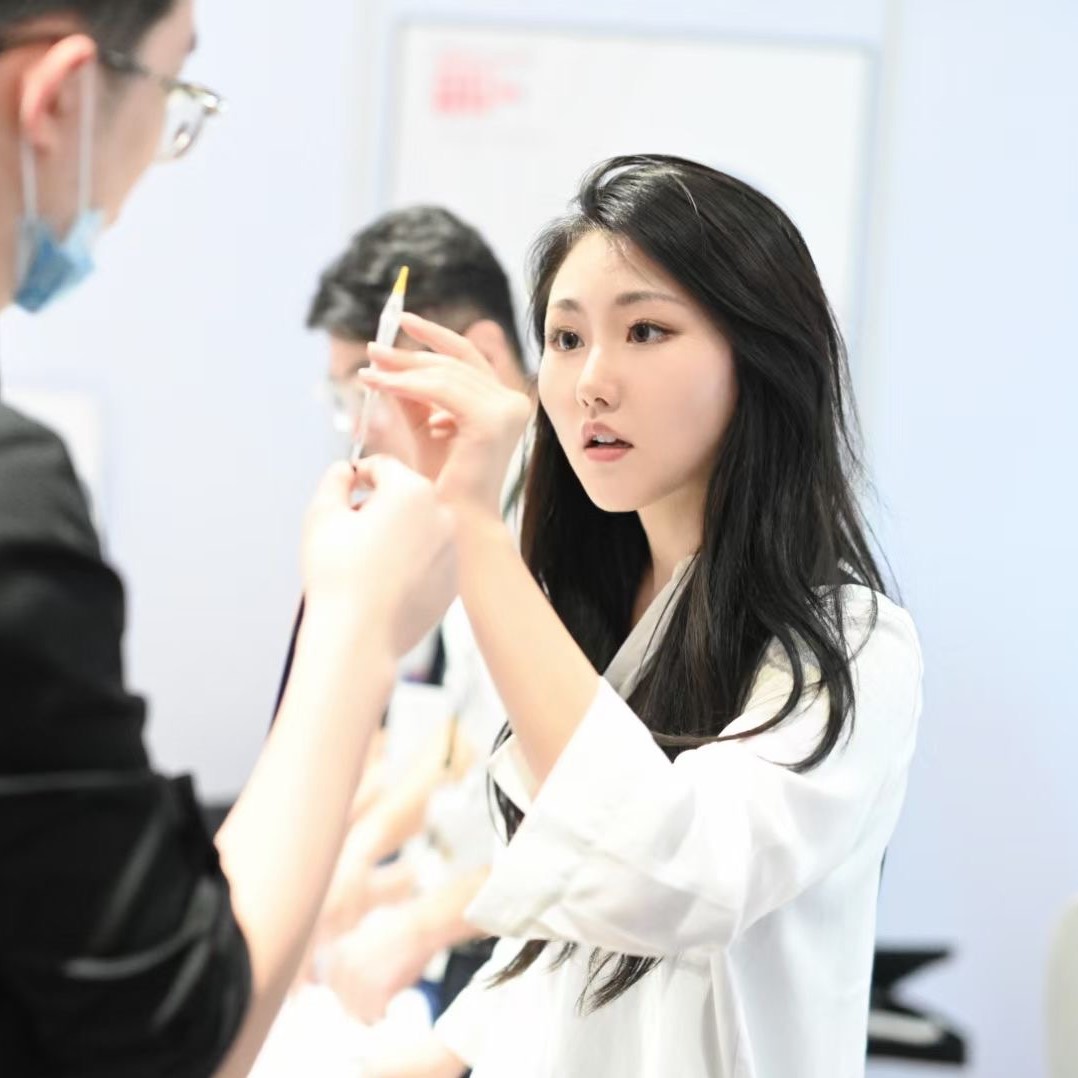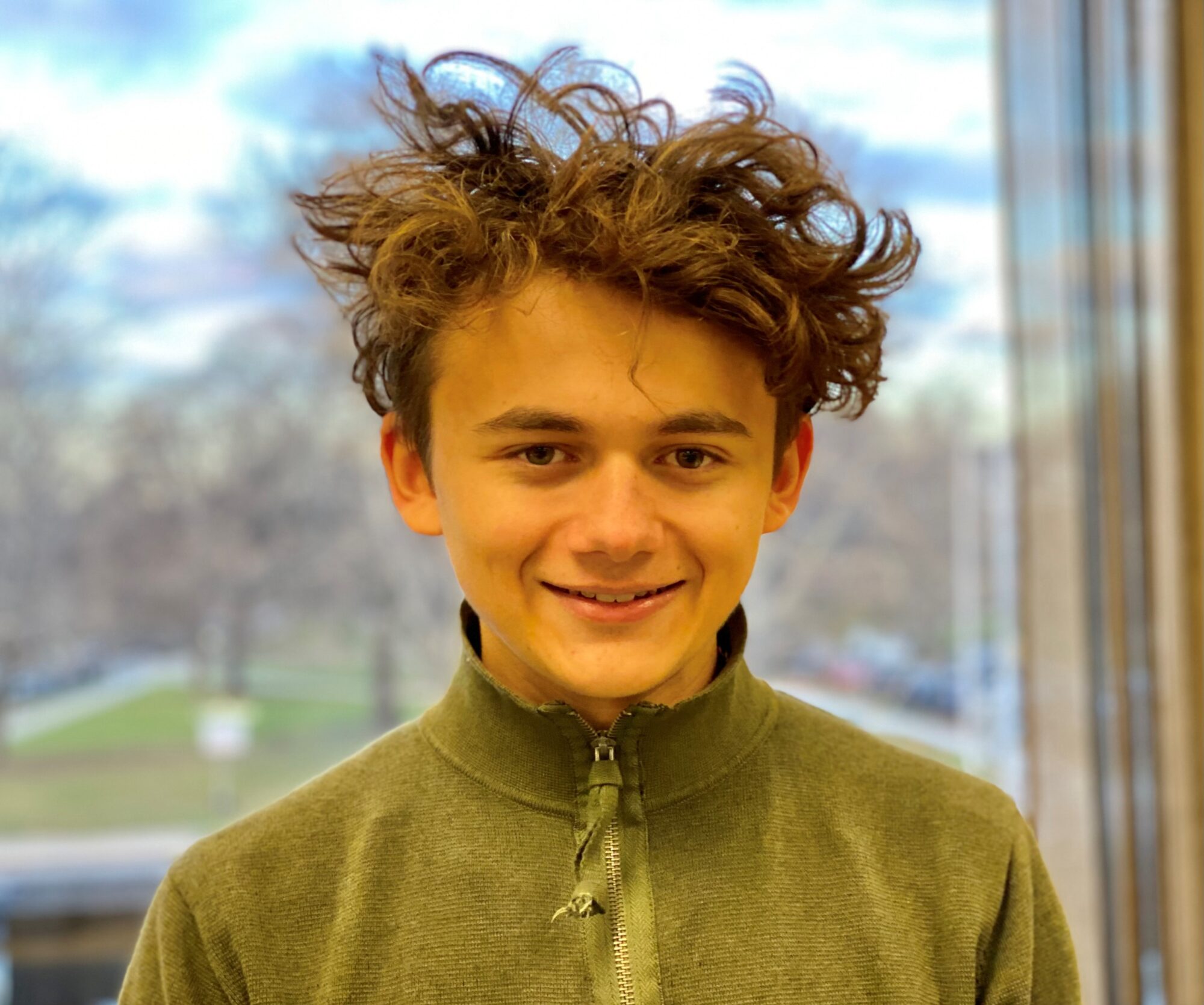
Alexander Rolinski didn’t exactly align with the typical “hustler-esque” image of a young entrepreneur. He says, “I didn’t have a lot of lemonade stands growing up, but I was very independent. Even my teachers saw that I was challenging how things were being taught and how I would always see a different way of doing things.”
However, despite not selling freshly squeezed lemonade for a nickel, Rolinski always knew that he “disliked the repetition of school which I thought was similar to the 9-5 grind. I always knew I wanted to build something and be financially and personally independent.”
In high school, Rolinski’s intellectual mind noticed an opportunity for innovation. During his senior year, he took a business capstone class where he had to essentially develop a business plan. Rolinski says, “I was seeing a lot of kids at my school who were buying and selling items through inconvenient mediums like Snapchat. I originally saw the exchange of textbooks but then I was seeing kids selling shoes and even cars.”
Rolinski was drawn to attending Syracuse University because of the Blackstone LaunchPad. Now a freshman in the Whitman School of Management, he says, “I wanted to be involved in the LaunchPad and it’s one of the reasons I chose Syracuse. Initially, my aspiration was to graduate with the 3+3 program legal degree. Now I want to graduate early and fast track school.”
Through the LaunchPad and campus competitions, he’s been to develop his company, Sice Me, a mobile application geared for college and high school campuses. Students create an account with their student email and are placed in an insular marketplace with their fellow students. Within the marketplace they are free to post the products and items of their choosing which they wish to buy and sell.
The branding came from slang from his hometown of Potomac, Maryland. He says, “In the DMV area the word ‘sice’ means ‘can you give me something’. “
Rolinski describes the current state of Sice Me as something that’s developing with “feedback from users in the LaunchPad and eventually test users across the Syracuse University campus.”
The company is currently looking for a student intern who’s qualified at mobile app development. If you’re interested, reach out to Alex at aprolins@syr.edu.
You can check out the company website here.
Story by Jack Lyons ‘22, LaunchPad Global Fellow; photo supplied
